Hunan opera carried forward in Guiyang
2023-09-14 10:37:32
Recently, the newly adapted Hunan opera “Zhao Zilong Captures Guiyang” was staged in the Guiyang Cultural Park, attracting a wide audience.
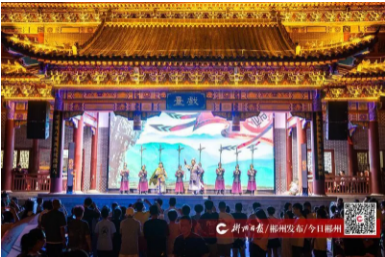
Hunan opera is one of the major local operas in Hunan, with a history of over 600 years. It was included in the national intangible cultural heritage protection list in 2008.
It originated in the Ming Dynasty, and has gradually developed into a multi-tune drama genre by integrating local folk music with the Kunqu and Yiyang operas.
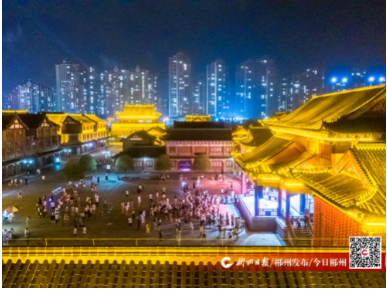
It is performed in various expression styles with different movements, singing tunes, dances and spoken parts.
In order to inherit and promote Hunan Opera, in recent years, the Protection and Inheritance Center of Hunan Opera in Guiyang County has continued efforts to cultivate talent teams, create high-quality plays, and build facilities and platforms.
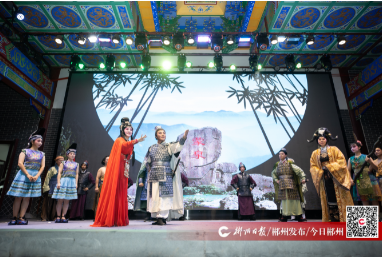
Actors have been developed by integrating performances and training. Every year, actors were sent to drama schools for training, and well-known artists from all over the country were invited to improve the professional quality of actors and cultivate opera talents.
At present, the center has performed more than 40 traditional operas, such as “One-day Governor” and “Zhao Zilong Captures Guiyang”, which have been deeply loved by local people and won many national awards.
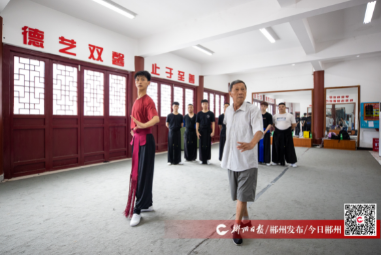
Nowadays, watching and singing operas have become an indispensable part of the cultural life of Guiyang people.
“We presents over 200 performances in various natural villages in the county every year.” Xie Nengjiao, director of the center, said that in order to make the culture of Hunan Opera more deeply rooted in people’s hearts, Guiyang has also carried out cultural activities such as the opera culture festival, and opera performances in villages, communities, parks, and scenic spots.
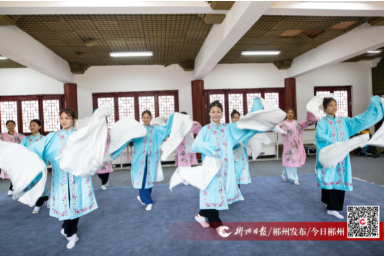
Xie Zhongyi is a national intangible cultural heritage inheritor of Hunan opera. Although retired for many years, he still participates in some performances and gives artistic guidance on Hunan opera. He said that Hunan opera is a manifestation of the soft power of local culture, and its vitality reflects the prosperous national and ethnic culture.




